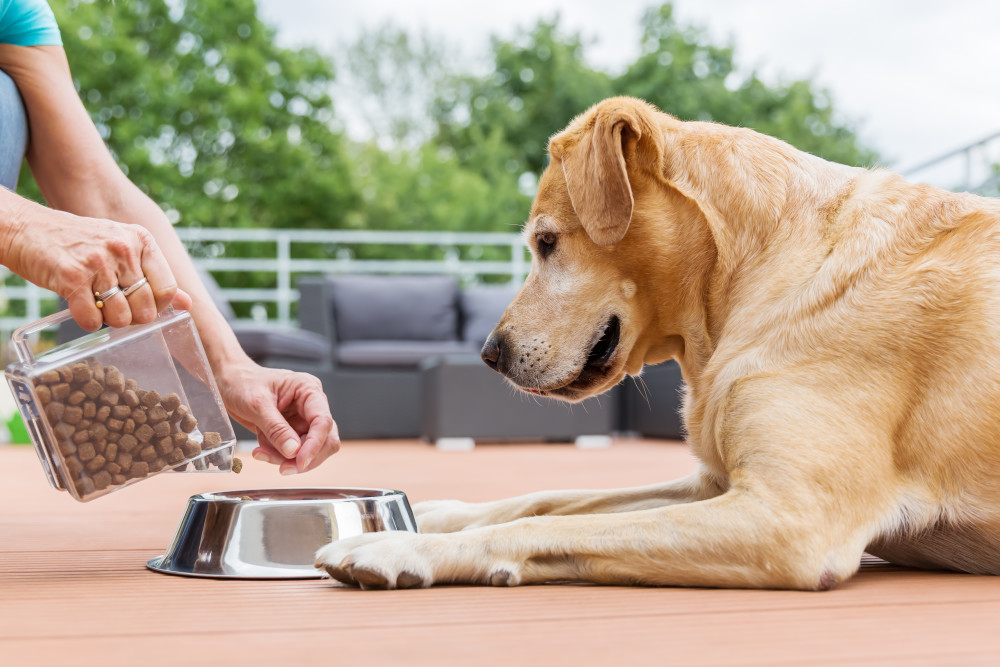
Health
Ask a vet: Should dogs eat a grain-free diet?
These days, it seems like everybody is on a trendy new diet: keto, paleo, gluten-free — but what about your dog? Although we all want our dog’s health to stay in tip-top condition, it’s important to realize that what’s best for you isn’t always what’s best for your dog. Canine nutrition can be both complicated and breed-specific, which is why we’ve enlisted the help of veterinarian Dr. Walt Ingwersen to answer frequently asked questions about grain-free diets for dogs.
Grain-free sounds healthy, but...
Grain-free sounds great, it implies fewer carbs and more protein. Wild dogs wouldn’t eat bread, so it must not be natural, right? Not exactly. Dogs have been domesticated for centuries, so their bodies have adapted to a diet full of grain and corn. Plus, grain free or legume heavy dog foods are very low in taurine.
Taurine gets a bad rap because it’s an ingredient in energy drinks, plus there’s a gross and false rumour that it comes from a bull’s private parts. In reality, taurine is an important amino acid that plays a big role in your nervous system and heart function.
“Dogs can’t make their own taurine, they need to get it from somewhere.” says veterinarian Dr. Walt Ingwersen. Insufficient taurine can lead to a very serious condition called dilated cardiomyopathy.
What is dilated cardiomyopathy?
Dilated cardiomyopathy is when a dog’s heart becomes enlarged and can’t properly pump blood to the rest of the organs. Certain dogs are predisposed to this condition, like the Doberman Fisher, but recently it’s started occurring more and more.
“As it became more prevalent and people were scratching their heads, we realized that the common denominator was grain-free diets or legume-based diets.” says Dr. Walt Ingwersen. “When the dog is taurine deficient, they go into heart failure.” The link between this tragic heart condition and a grain free diet is so strong, that in 2018 the FDA issued a warning about grain free dog food.
What’s best for you isn’t always best for your dog
Everyone wants what’s best for their dog, but at the end of the day their diet is going to be different from your own. After all, you wouldn’t give your dog a chocolate bar just because you have a sweet tooth. Next time you hear about a health food trend in the dog world, make sure to ask your vet about it first.
Dr. Ingwersen says it best, “Whatever beliefs you have for yourself, if you’re going to impart them onto a dog that has no choice, take a moment and make sure this is a medically sound decision. The vet is the right person to do this.”


